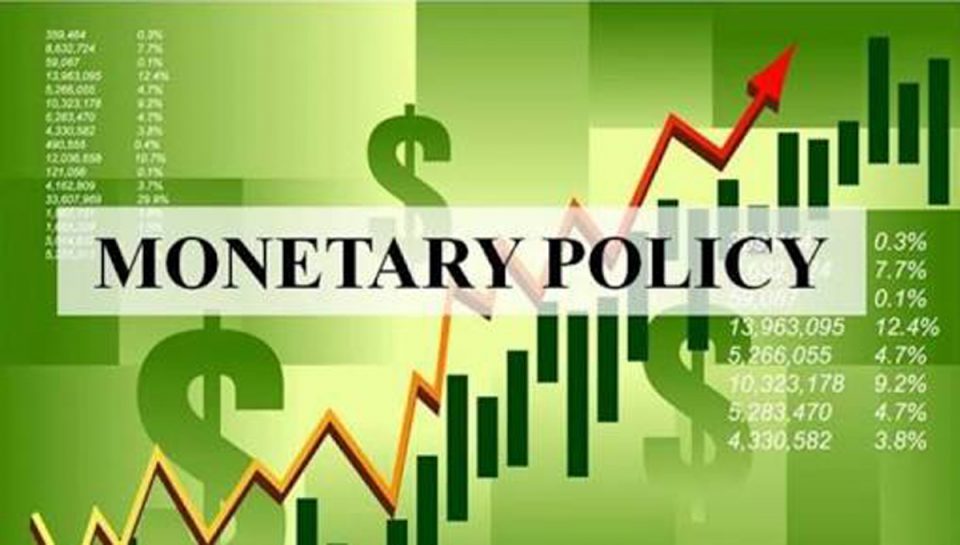Centre for Social Justice (CSJ), a Nigerian knowledge Institution, has noted with great caution the increase of the Monetary Policy Rate (MPR) from 13.0 to 14.0 per cent by the Monetary Policy Committee (MPC) of the Central Bank of Nigeria (CBN) at its meeting held on July 18th and 19th 2022.
This increase is coming on the back of a similar increase of the MPR at the May 2022 meeting of the MPC by 150 basis points to 13.0 percent. The MPR had been increased on the two occasions in the CBN’s bid to rein in the current rise in inflation and to maintain price stability.
We acknowledge the fact that the uptick in inflation is not necessarily a Nigeria phenomenon, but one that is predominant in advanced economies, emerging markets and developing economies.
We further acknowledge that many Central Banks across advanced economies have adopted an aggressive monetary policy regime and the financial policies of most countries have resorted to a tightening monetary policy stance. This has been done against the background of the Russia-Ukraine war, shocks arising from global trade dislocations and supply chain disruptions.
We recall the assumptions of the May 2022 MPR increase where the MPC indicated that tightening would narrow the negative real interest rate margin, improve market sentiments and restore investor confidence, moderate inflationary pressure pass-through to exchange rate depreciation and moderate the speed of capital flow reversal, provide incentives for foreign capital inflows and sustain remittances. It also suggested that tightening could moderate government domestic borrowing.
However, the assumptions did not properly contextualize the overall picture of slow growth, high unemployment and rising inflation.
It appears that the May 2022 MPR increase did not achieve its objectives and there is no empirical evidence to suggest that this second July 2022 MPR hike by 100 basis points will achieve the desired objective. This is premised on the fact that the inflationary push is to a great extent coming from rising insecurity, exchange rate depreciation, rising energy costs – electricity and petroleum, unsustainable debt profile of the Federal and State Governments and the excessive and wasteful spending associated with elections in Nigeria as we move towards the 2023 elections.
Furthermore, Nigeria’s continued importation of refined petroleum products and failure to take advantage of the increase in oil price – fallout of the Russia-Ukraine War, has contributed to the pressure.
In the circumstances, continued increase in the MPR may not be the solution to the rising inflation. The rising inflation appears to be a symptom of more fundamental economic and political challenges which if addressed would reasonably moderate the impact of other shocks, especially exogenous shocks on the economy. These challenges are beyond what monetary policy interventions alone can solve.
They require a combination of fiscal, labour, monetary and trade policies as well as political action on the part of the Federal Government of Nigeria. It is also imperative to state that the inflation challenge may not likely abate in the near future. Essentially, there should be short term, medium to long term projections for addressing inflation and associated economic challenges.
CSJ, therefore, recommends the following to prevent the rising inflation from entering into the galloping mode:
*Take steps to reduce insecurity which has severely impacted on food inflation and eroded local and foreign investors’ confidence in the Nigerian economy. Restoring security will generally improve national productivity beyond the agriculture sector.
*Mainstream policies to improve economic growth through a combination of reform and productivity focused fiscal, monetary, labour and trade policies.
*Take urgent and targeted steps to increase crude oil production through the new NNPC and other investors. Embarrassing excuses and apologies for failure by the Nigeria’s two oil ministers will not solve the low production challenge.
*Hold security agencies accountable for the reduction of industrial scale oil theft. This will provide more resources to governments in the Federation and as such reduce borrowing and indebtedness.
*FGN to account for expenditure on refurbishing and repair of the moribund refineries while allowing the new commercial NNPC to expeditiously privatize or concession the refineries. This will in the near future reduce our demand for foreign exchange for importation of refined petroleum products.
*Control waste and corruption in public expenditure management. Reducing the cost of governance is an irreducible minimum demand.
*Curtail wasteful election related expenditure through the meticulous implementation of the 2022 Electoral Act. The journey to economic growth, reduction of poverty, unemployment and inflation begins with targeted steps taken with a full understanding of the intricate links between various policies of government and the need for their harmonization.
Eze Onyekpere is the Lead Director, Centre for Social Justice (CSJ).




